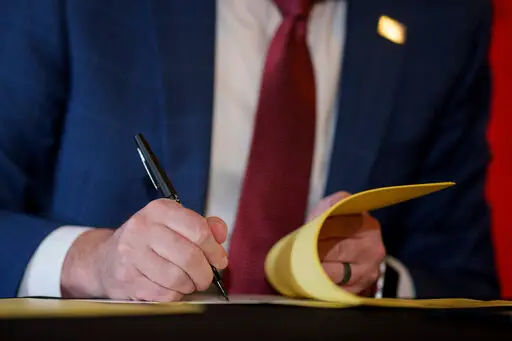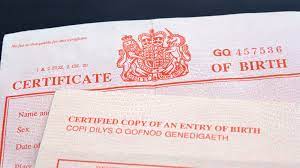A birth certificate is a critical identification document issued to the parents after a child’s birth.
It identifies the child’s country of origin and parents.
A birth certificate is also a vital qualification document used in different countries to apply for employment, claim inheritance, access government, and private services, voting, among other applications.
Making the birth certificate legitimate after a child’s birth requires the parent’s or guardians’ signatures.
The signatures acknowledge the child’s biological parents or guardians and are carried out at the hospital or office of birth registration.
The process of signing the birth certificate may vary in different jurisdictions, especially where both or one parent cannot sign due to unavailability.
You, therefore, need to familiarize yourself with your region’s specific rules on birth certificate signing.
Your local hospital can guide you further on the dos and don’ts of the signing process.
Do both parents need to be present to sign the birth certificate?
Most countries or jurisdictions expect both parents to sign the birth certificate, but that may depend on their availability and marital status.
It is common for married parents to sign the birth certificate after the birth of their child.
For unmarried couples, it depends on their willingness and availability to sign the certificate.
In some countries, the father may have to prove paternity before being allowed to sign the certificate.
However, if the mother is a single parent after the child’s father refuses responsibility or is unavailable due to other reasons, her birth certificate signature is enough.
The involvement of legal custodians provides another case where both parents don’t need to sign the birth certificate.
The absence of parents in such a situation allows authorized guardians to sign the birth certificate.
Can a father sign the birth certificate if he is not married to the mother?
Married or unmarried, the child’s father has a right to sign the birth certificate.
Even if the woman and the man are no longer in a relationship by the time she gives birth, the man remains the child’s biological father, meaning he is entitled to sign the birth certificate whether he has moved on or not.
While the birth certificate signing may differ across various jurisdictions, the most common approaches for allowing a father who is not married to the mother to sign a birth certificate include:
- Voluntary Acknowledgement of Paternity: This document is available to the father at the medical center, recognizing his paternity right and giving him a pass to sign the birth certificate.
- Paternity Affidavit: This is a sworn statement from both parents confirming the child’s father, giving him the go-ahead to include his name and signature on the certificate.
- Legally Challenged Paternity: If a child’s father challenges the paternity and requests a paternity test, this document is issued as proof of a legally contested paternity. In such a case, the father can only sign the birth certificate if a DNA test proves he is the child’s biological father.
If the parents are unmarried, what steps must they take to have the father’s name on the birth certificate?

Many children are born out of wedlock daily, raising paternity concerns.
Since the birth certificate requires all parent’s signatures, the child’s father in an unmarried situation has to prove paternity before signing the certificate.
In such scenarios, the steps taken are similar to the ones listed above, highlighting what happens if the father is not married to the mother.
Further assistance can be sought at the local authorities’ office regarding additional requirements the father may need to meet before signing the birth certificate.
Paternity fraud is expected, where the mother may claim that a current or past lover is the biological father when that is not the case, or the mother corroborates with a man who knows he isn’t the biological father to sign the certificate.
If the birth father shows up and challenges the birth certificate signature of the other man, the court may terminate the father’s paternity after proving its illegality.
Remember that legal processes for solving such cases may vary in different jurisdictions.
Can someone other than the parents sign the birth certificate as a legal guardian?
What happens when none of the parents is available to sign the certificate?
Think of birth cases where the biological mother dies due to labor-related complications.
If the mother doesn’t know who her child’s biological father could be, a guardian, adoptive parents, or other authorized caregivers may step up.
Or what happens when the birth parents cannot raise the child in a healthy environment?
Such cases occur, but the certificate still has to be signed.
When such arise, the following parties may be allowed to sign the birth certificate on behalf of the parents:
- Adoptive Parents: When the biological mother or parents make arrangements for their child to be adopted immediately or other circumstances leading to the adoption, the adoptive parents are the ones to sign the birth certificate.
- Guardian: Due to the death or absence of biological parents, a court of law may authorize a guardian who will raise the child to sign the birth certificate.
- Temporary Custodian: This applies in cases where none of the biological parents can look after the child. A foster parent or custodian is temporarily chosen to raise the child, hence may be required to sign the birth certificate.
- Power of Attorney: In particular circumstances that may render the parents unable to sign the birth certificate, they may choose a person to sign the certificate after being issued with a power of attorney.



